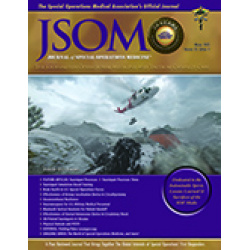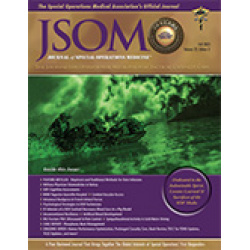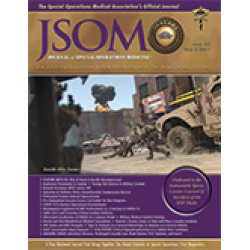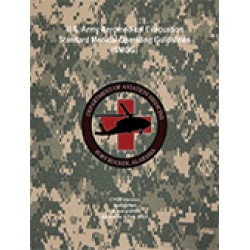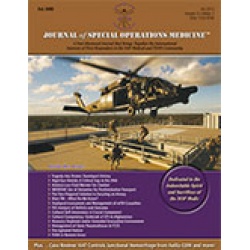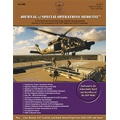Latest Products
Cultural Competency and Patient-Centered Communication: A Study of an Isolated Outbreak of Urinary Tract Infections in Afghanistan
Culbertson NT, Scholl BJ 13(3). 70 - 73 (Journal Article)
Background: Personal hygiene is strongly associated with disease prevention and is especially important during prolonged patrol or combat operations. Understanding cultural variances associated with personal hygiene is critical for Special Operation Forces (SOF) medics to prevent, monitor, and treat acquired and transmitted infections while working with host nation personnel. Case Presentation: During a multiday, long-range patrol, approximately 40 male Afghan National Army troops between the ages of 22 and 49 presented for treatment of burning or pain while urinating. All patients were empirically diagnosed with urinary tract infections. Methods and Discussion: The high attack rate and isolated nature of the outbreak suggested that personal hygiene or sexual intercourse was the most likely cause of the isolated outbreak. However, the cultural sensitivity of both topics made social history gathering a difficult task. After participating in a detailed medical interview, one patient revealed that he and his comrades were blocking their urethras with clay plugs after voiding to prevent residual urine from dripping onto their clothes. Conclusions: This case study presents what might be an undocumented practice carried throughout many ethnic cultures endogenous to Afghanistan and discusses how cultural barriers can impact effective health care delivery.


 Español
Español 